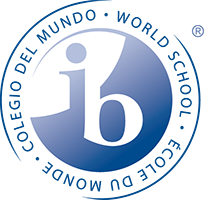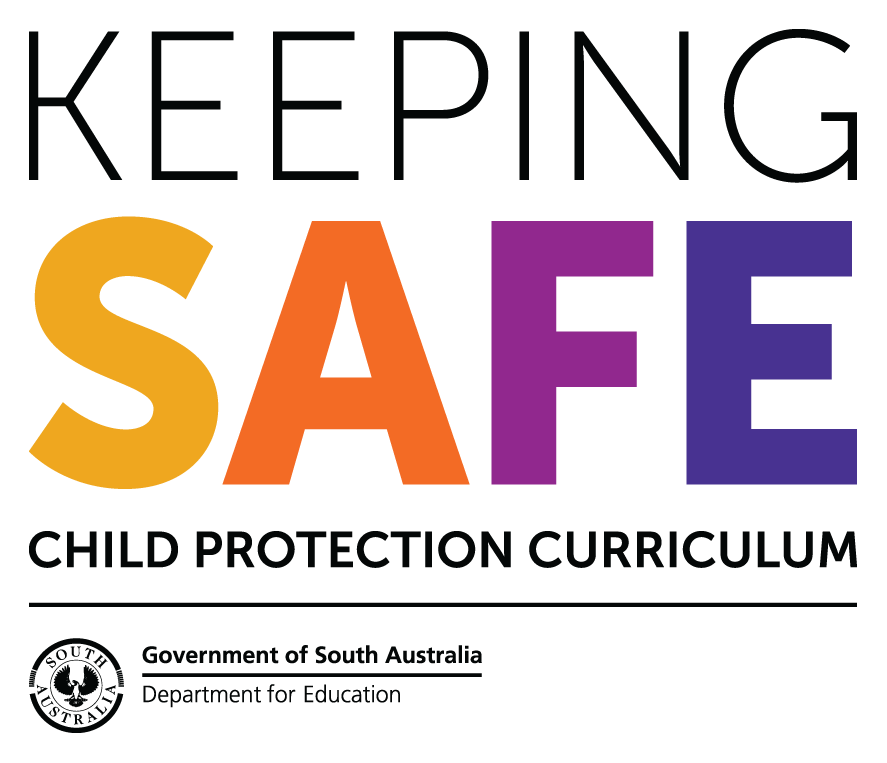Knowing and understanding
Knowledge and understanding are fundamental to studying mathematics and form the base from which to explore concepts and develop skills. This objective assesses the extent to which students can select and apply mathematics to solve problems in both familiar and unfamiliar situations in a variety of contexts.
In order to reach the aims of mathematics, students should be able to:
i. select appropriate mathematics when solving problems in both familiar and unfamiliar situation
ii. apply the selected mathematics successfully when solving problems
iii. solve problems correctly in a variety of contexts.
Investigating patterns
Investigating patterns allows students to experience the excitement and satisfaction of mathematical discovery. Working through investigations encourages students to become risk-takers, inquirers and critical thinkers. The ability to inquire is invaluable in the MYP and contributes to lifelong learning.
In order to reach the aims of mathematics, students should be able to:
i. select and apply mathematical problem-solving techniques to discover complex pattern
ii.describe patterns as general rules consistent with findings
iii. prove, or verify and justify, general rules.
Communicating
Mathematics provides a powerful and universal language. Students are expected to use appropriate mathematical language and different forms of representation when communicating mathematical ideas,reasoning and findings, both orally and in writing.
In order to reach the aims of mathematics, students should be able to:
i.use appropriate mathematical language (notation, symbols and terminology) in both oral and written explanations
ii.use appropriate forms of mathematical representation to present information
iii. move between different forms of mathematical representation
iv: communicate complete, coherent and concise mathematical lines of reasoning
v: organize information using a logical structure.
Applying Mathematics in real-life contexts
MYP mathematics encourages students to see mathematics as a tool for solving problems in an authentic real-life context. Students are expected to transfer theoretical mathematical knowledge into real-world situations and apply appropriate problem-solving strategies, draw valid conclusions and reflect upon their results.
In order to reach the aims of mathematics, students should be able to:
i:identify relevant elements of authentic real-life situations
ii:select appropriate mathematical strategies when solving authentic real-life situations
iii. apply the selected mathematical strategies successfully to reach a solution
iv:justify the degree of accuracy of a solution
v: justify whether a solution makes sense in the context of the authentic real-life situation.




